7 Pilates Moves for Core Strength You Can Do at Home
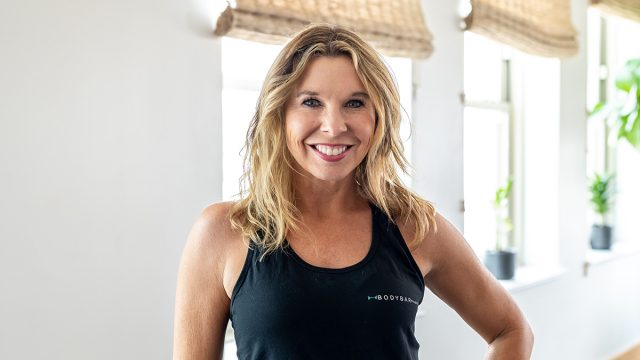
The core is your powerhouse and that is where all kinds of movement comes from. And whether you realize it or not, most Pilates exercises engage the core. You use your core to perform functional movement, such as sitting down, standing up, walking, bending down, squatting etc. If you don't strengthen your core, you can open yourself up to injuries, poor posture and muscle pain. Keeping that core strong can lead to a better quality of life, because it will help you perform functional movement without pain and lowers your risk of injuries. You may also have better energy and endurance. Here are 7 pilates moves for core strength you can do at home.
Start With Stretching
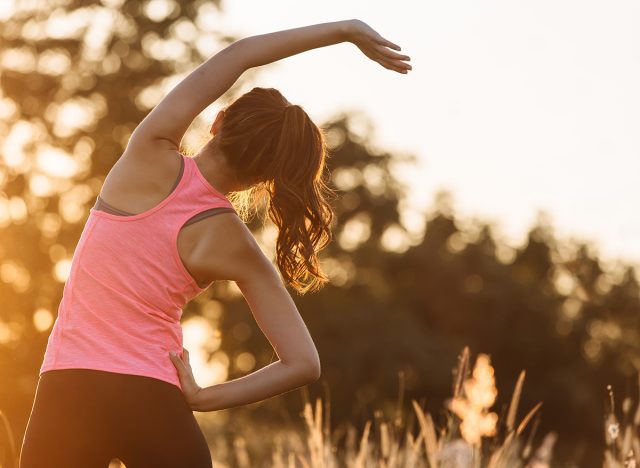
If you're doing Pilates at home without a reformer, it's called mat Pilates. Always start with a little bit of stretching and warm up your muscles. If you want to intensify your home Pilates workout, you can add hand weights or ankle weights. There are a lot of Pilates videos available online, but be sure to select a program that is inline with your abilities. If you've never done Pilates before, start with a beginner video. If after a few workouts it seems too easy, then advance to an intermediate workout. Remember to listen to your body. Take breaks. Pilates should not hurt. So if something doesn't feel good, then maybe checking that form and making sure that the form is correct before you continue moving.
Begin Your Mat Pilates With a Plank
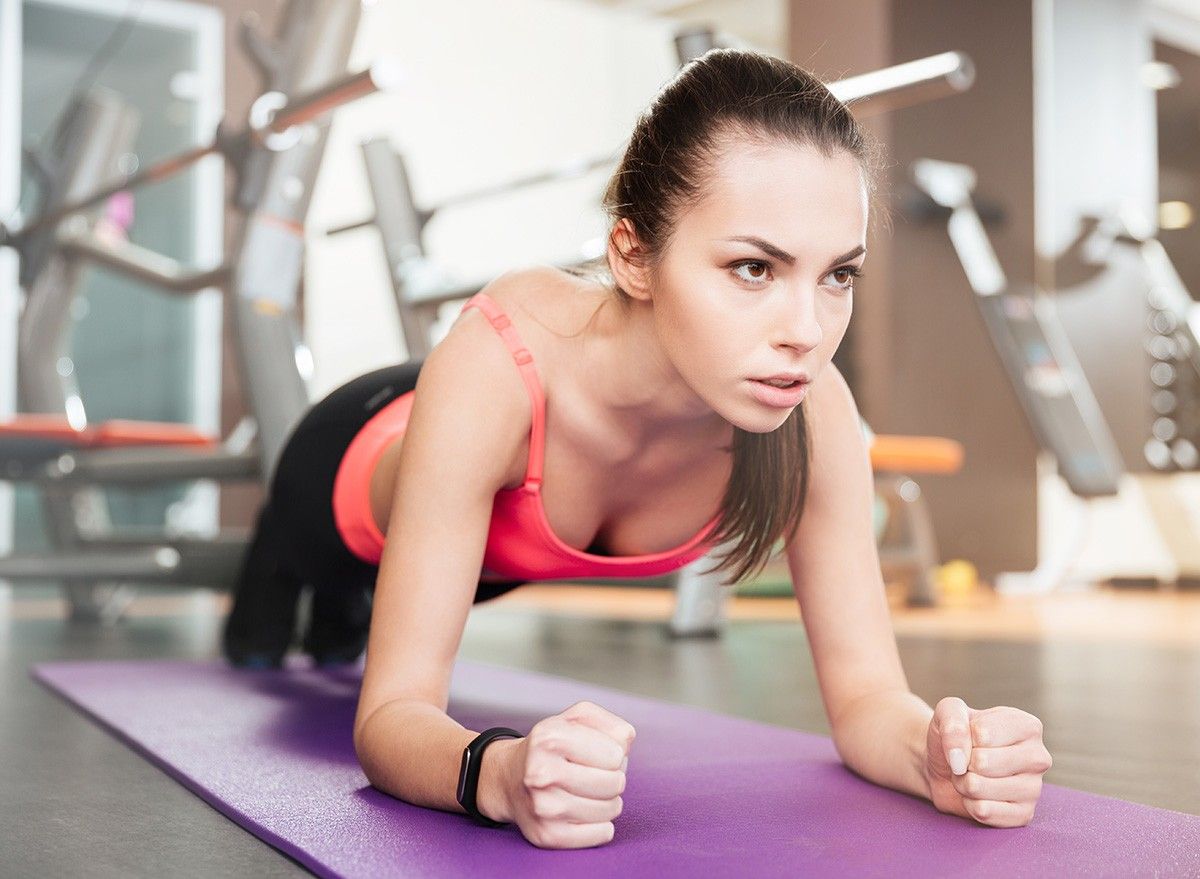
I think that the best one to start with is a plank. Start on all fours with your wrists right underneath your shoulders. Step one foot back, then the other so your legs are straight. You can have space between your feet for an extra wider base or keep your feet together for a harder challenge. Engage the core by pulling the belly button towards your spine the whole time. Keep that spine nice and long. Your back should be flat back. Holding it for however long you can do it, whether it's 10 seconds or two minutes. Here are five key moves to do next.
Teaser
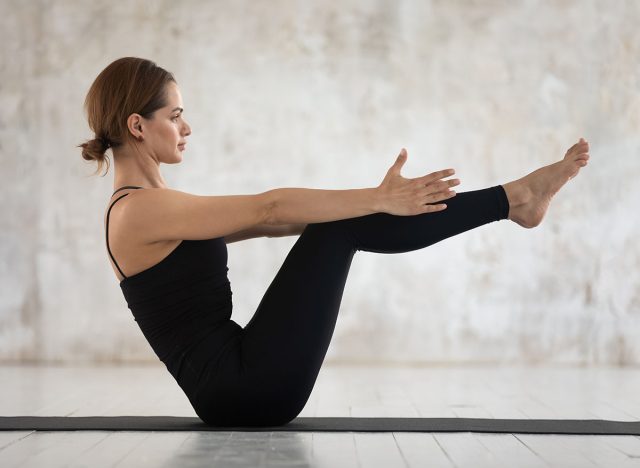
Sit back on your tailbone. Keep your spine long, but at a 45 degree angle. Legs come up to tabletop, bringing your ankles in line with your knees. Start extending one leg out into a straight leg and then bringing it back in and then switch legs. If you're ready for a challenge, extend both legs out straight while you're balancing on your tailbone pulling the belly button towards your spine scooping through the belly.
Side Plank
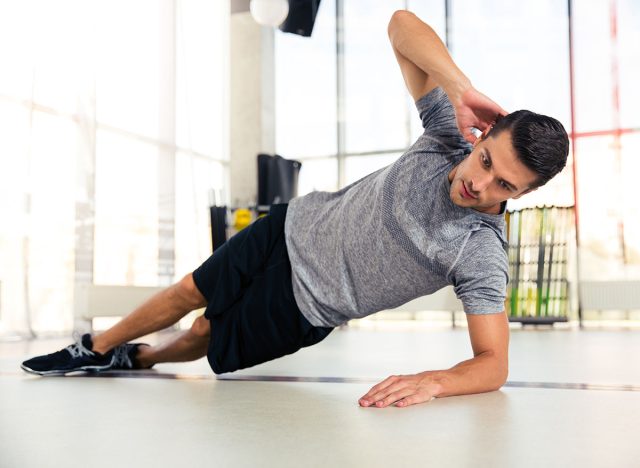
You can also work into your obliques you can do a side plank. So same kind of concept as a plank but you're just on one forearm or one wrist facing the wall. Stack your feet on top of each other and put the free hand on the ground for stability or on the hip or up toward the sky for a little challenge,. Hold the position as long as you can then switch to the other side. You have the option to drop the lower knee down if you need to modify the movement.
Scramble Eggs
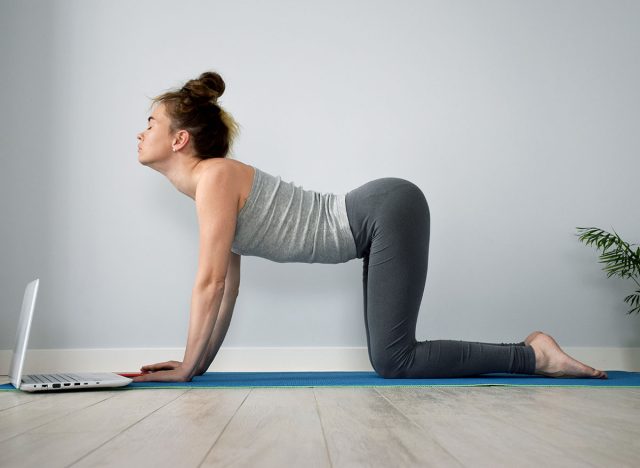
Start on all fours. Knees on the ground. Palms are down. Extend one arm out in front of you in with your wrist in line with your shoulder and then extend the opposite leg out and you hold there and then you can drop it down take it to the other side and you can even have a little advancements of moving that opposite arm and opposite leg kind of out to the side bring yourself back in trying to hold stable the whole time.
Roll Up
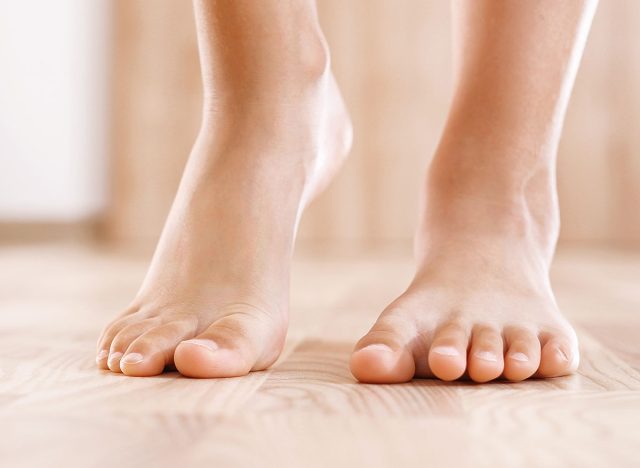
Plant your feet on the ground. You can even have something kind of over your feet so that your legs don't move. Lay all the way back long and straight arms extend overhead and then using your core lifting yourself all the way back up to seated and then scooping through the belly, slowly roll yourself back down.
Russian Twist
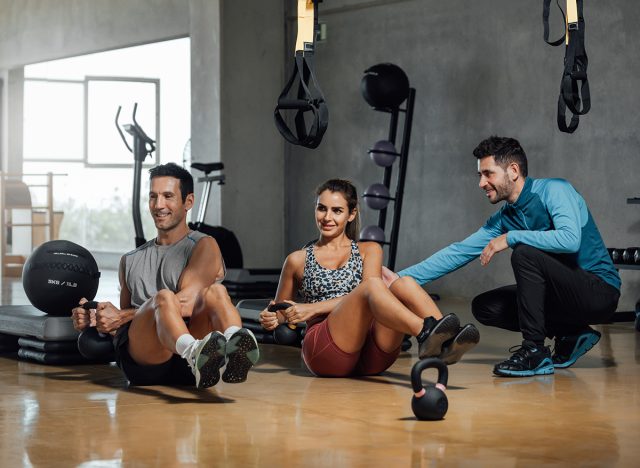
Sit back on your tailbone. Feet can be on the floor to start. Place your hands in a prayer position at heart center and then you can twist from side to side working into those obliques. To advance the exercise, bring those legs up to a tabletop position. Keep those ankles in line with knees and then twist side to side. Either one is challenging.
Common Mistakes to Avoid
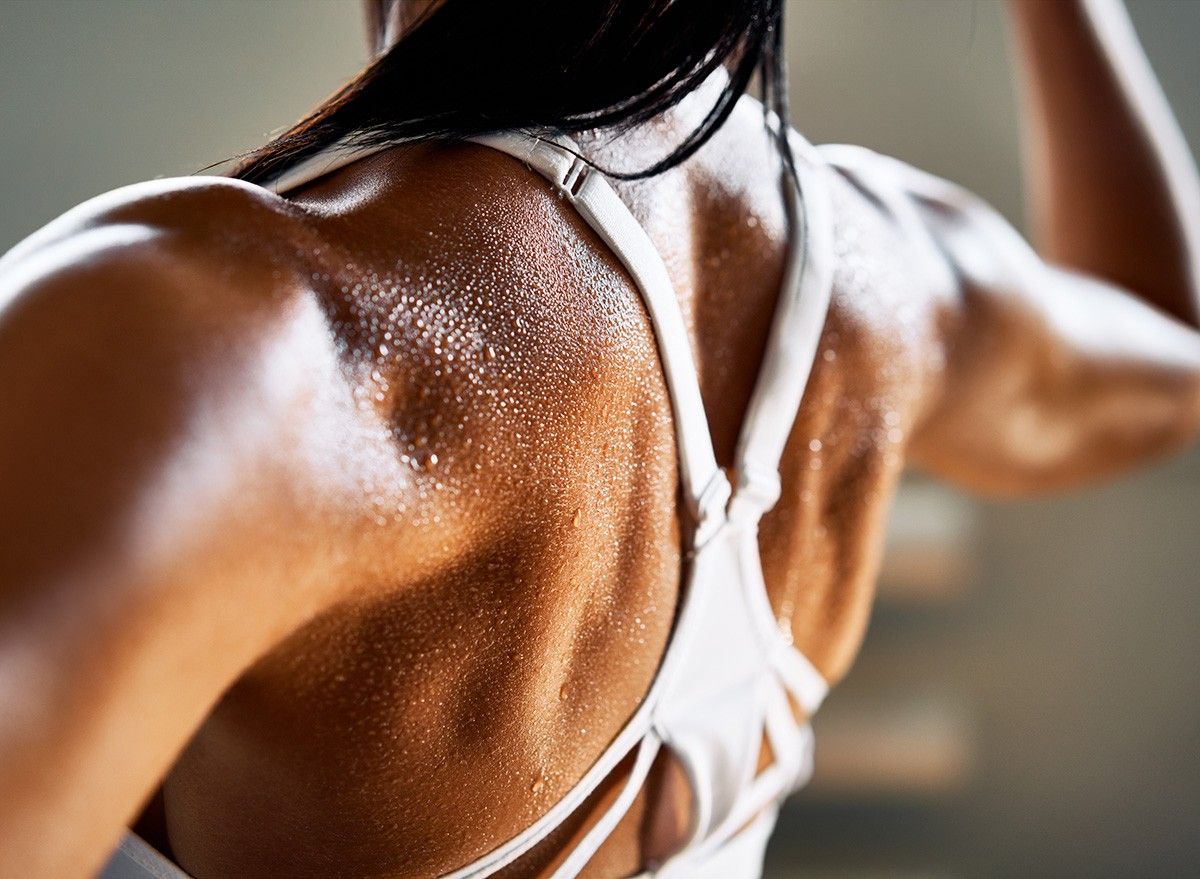
Always be aware of your spinal position. You're either rounding the back or you have a flat back but you're never getting that sway in the back or arching too much. If you start to feel any kind of pull in that lower back, you want to stop, pause and reset because you don't want to irritate your lower back. A lot of times with Pilates exercises, especially if you get into a challenging position, you might start to tense up your neck and shoulders. When you feel that tension, be sure to reset. Roll those shoulders down, and keep the shoulders away from the ears.
RELATED:11 Barre Moves That Sculpt Your Body
Final Word From the Expert
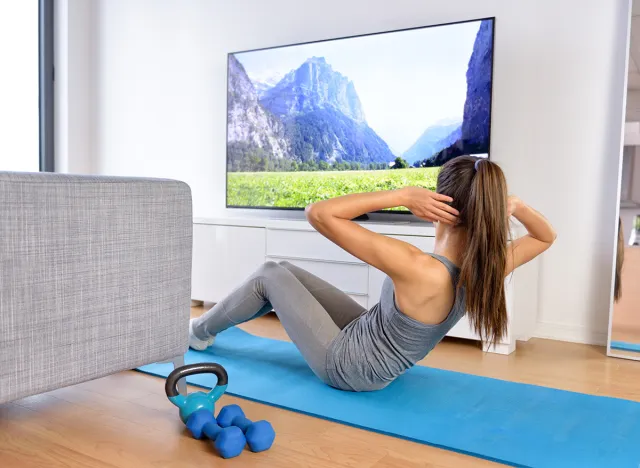
Anytime that you get the chance, do a few core exercises at home. It is so beneficial. Whether you're sitting down watching TV, spend the first five minutes of your show doing some exercises on the floor thinking about how your core strength is affects, being able to get on the ground and play with your kids or maybe bending over gardening doing any of those kind of things moving laundry from the washer to the dryer keeping that core engaged at all times is really beneficial for your quality of life. And then also just being willing to try once you've done Pilates at home then maybe being willing to jump in and find a local Studio to take classes at and expand your practice there. And if you enjoyed this article, don't miss This Is Exactly How to Lose Body Fat This Year.
Kamille McCollum is a certified pilates trainer and COO of BODYBAR Franchising




